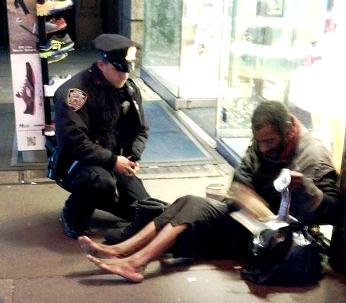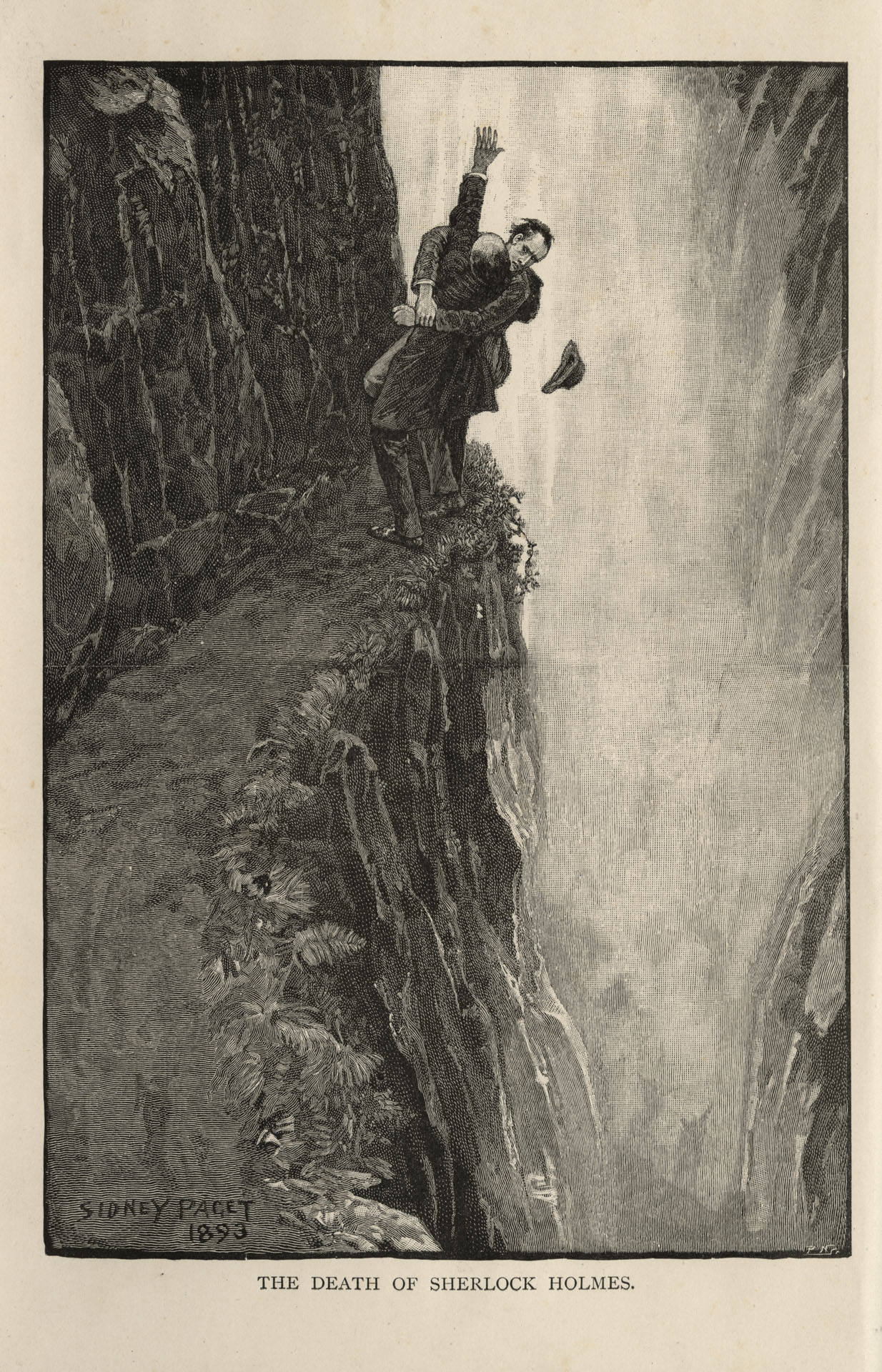By now, most of us are familiar with the story of a New York City cop’s recent act of compassion.
After finding a barefoot, homeless man in need of warm socks and shoes on an extremely cold night in Times Square, Police Officer Larry DePrimo walked across the street and bought the best pair of boots he could find with his own money. Jennifer Foster, visiting from Arizona, captured DePrimo on her cell-phone as he knelt down and helped the man with his new all-weather boots.

It’s a great story made all the more sincere by the fact that DePrimo did all this quietly, never knowing the photo was taken until it showed up in several papers and eventually across the Internet.
The New York Daily News (Nov. 30) reported that “The photograph, which was posted on the NYPD’s Facebook page Tuesday, had garnered about 200,000 shares by late Friday and ‘Liked’ by more than 543,000 people.
“This was definitely selfless service,” Foster said in a variety of interviews. “Just an act of human kindness and he had absolutely no intention of receiving any credit for it.”
“His Long Island neighbors said they were shocked to learn DePrimo was the center of national attention, but not at all surprised by his generosity. ‘The whole family is very respectful, very nice people,’ said one neighbor. ‘I hope my kids grow up to be like that.’ ”
In a follow-up story, the News called Officer DePrimo’s actions “the miracle on W. 42nd St.” The catchy, newsy line that references the 1947 film, Miracle on 34th Street is just the kind of feel-good story newspapers like to write about around the holidays.
Except, it’s not really a miracle.
Individual humanitarian acts such as Officer DePrimo’s go on everyday all over the world in both large and small communities. Many are done anonymously. Most don’t see themselves as heroes. They simply see themselves as one human being helping another in need.
Last April I shared an essay by peace activist David Krieger from his book, Hope in a Dark Time: Reflections on Humanity’s Future. David’s words are an important reminder about the ethical value of compassion – seeing ourselves in another.
“To be human is to recognize the cultural perspectives that bind us to tribe, sect, religion, or nation, and to rise above them. It is to feel the pain of the dispossessed, the downtrodden, the refugee, the starving child, the slave, the victim.
“To be human is to break the ties of cultural conformity and groupthink, and to use one’s own mind. It is to recognize good and evil, and to choose good. It is to consider with the heart. It is to act with conscience.
“To be human is to be courageous. It is to choose the path of compassion. It is to sacrifice for what is just. It is to break the silence. It is to be an unrelenting advocate of human decency and human dignity.”
It can be as simple as saying, “please,” and “thank you,” offering to share whatever you can to others throughout the year, or forgiving others for the daily transgressions that life places in front of us.
That’s the real lesson behind DePrimo’s act.
DePrimo’s uncle, David Croce, said that the young officer “learned his kindness from his grandfather who died in June. ‘It’s typically what we would do,’ Croce said of his nephew’s actions. ‘As a family, we cherish that.’ ”
Comments









